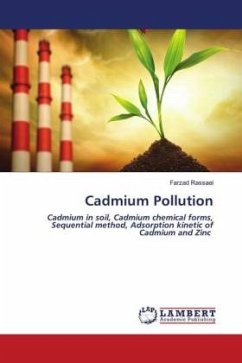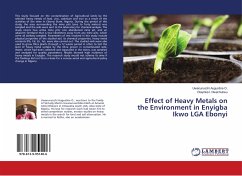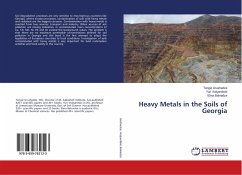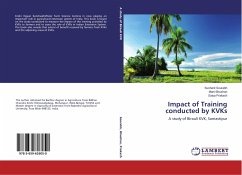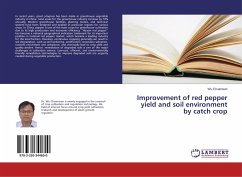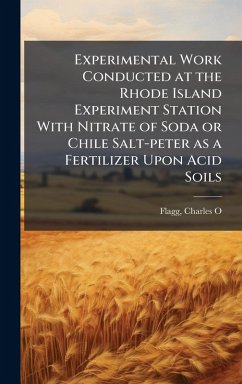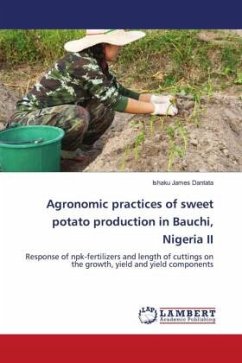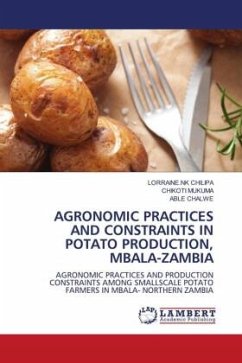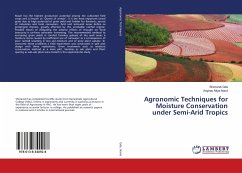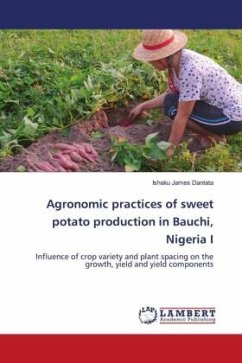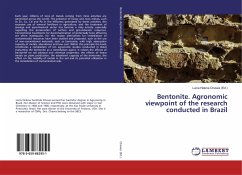
Bentonite. Agronomic viewpoint of the research conducted in Brazil
Versandkostenfrei!
Versandfertig in 6-10 Tagen
27,99 €
inkl. MwSt.

PAYBACK Punkte
14 °P sammeln!
Each year, millions of tons of metals coming from mine activities are generated across the world. The presence of heavy and toxic metals, such as Zn, Cu, Cd and Pb in the effluents generated by these activities, the excessive use of mineral fertilizers in agriculture, and the treatment of sewage and agro-livestock sector has become a risky activity, especially regarding the preservation of surface and groundwater resources. Conventional treatments for decontamination of potentially toxic effluents are often inadequate, for this reason alternatives for remediation of contaminated resources have...
Each year, millions of tons of metals coming from mine activities are generated across the world. The presence of heavy and toxic metals, such as Zn, Cu, Cd and Pb in the effluents generated by these activities, the excessive use of mineral fertilizers in agriculture, and the treatment of sewage and agro-livestock sector has become a risky activity, especially regarding the preservation of surface and groundwater resources. Conventional treatments for decontamination of potentially toxic effluents are often inadequate, for this reason alternatives for remediation of contaminated resources have been studied and proposed, such as the use of non-conventional materials, such as bentonite, with high adsorption capacity of metals, abundance and low cost. Within this principle the book constitutes a compilation of ten agronomic studies conducted in Brazil evaluating the bentonite as a remediation agent. It relates the effects of bentonite on soil physical and chemical properties, the effects of heavy metals on plant production, the adsorbent capacity of the bentonite, the effect on the mobility of metals in the soil and its potential utilization in the remediation of contaminated soils.



